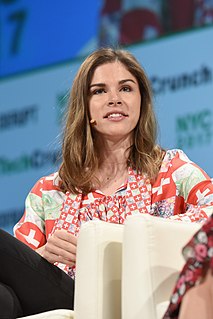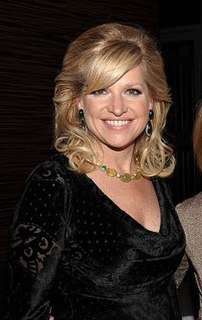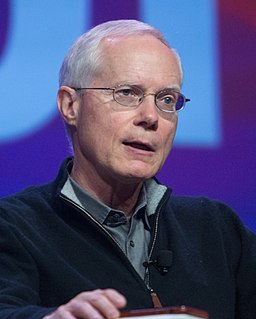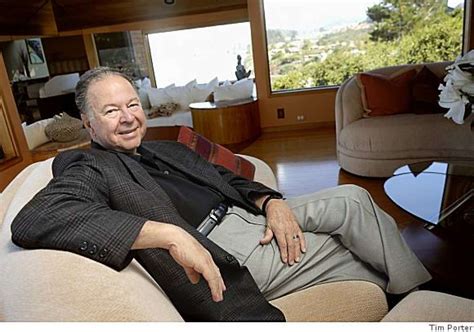A Quote by Emily Weiss
We could be like a lot of consumer brands that start blogs after they start their business. But in our case, I think Glossier is still very much a content company. I think about our products themselves as pieces of content.
Related Quotes
You'd hope that no writing about music could supersede the music itself. But I do think that blogs mirror the way that we are listening. It comes at you fast and it's timely and then five minutes later we're on to something else. It caters to our desire for instant gratification. And I think blogs also have fluidity that's exciting. You have a lot of real enthusiastic music fans for the most part that are writing sometimes for a large audience, and I think certain blogs have a little too much power over what someone likes or doesn't like.
When we really start to take a look at who we think we are... we start to see that while we may have various thoughts, beliefs, and identities, they do not individually or collectively tell us who we are. [And yet] it is astounding how completely we humans define ourselves by the content of our minds, feelings, and history.
There are no atheists in foxholes, they say, and I was a foxhole atheist for a long time. But after going through a midlife crisis and having many things change very quickly, it made me realize my mortality. And when you start to think about death, you start to think about what's after it. And then you start hoping there is a God.
We are committed to getting our content to our audience in as many ways as possible. We are very excited about our partnerships.. and we relaunched our ABC app, which is going to be a great place and opportunity for our audience to find our shows in addition to throwback content and new ABC digital originals.
When you read a book, you generate beta waves irrespective of the book's content. But if you look up from it, and start watching TV - it doesn't matter what the content of the program is - the beta waves disappear and you start processing alpha and theta waves. These are the same waves that you generate during meditation. Reading is primarily left hemisphere and watching television is primarily right hemisphere. Now how could that not have a major effect on our culture?
































